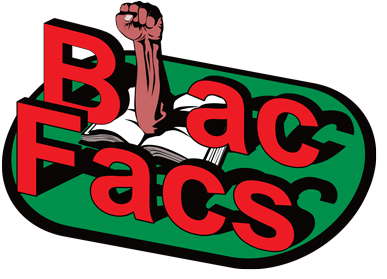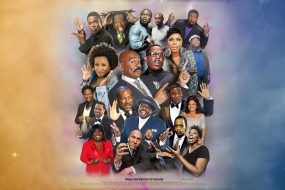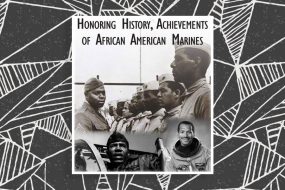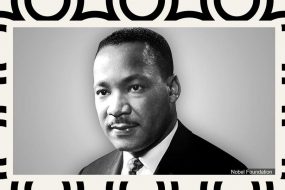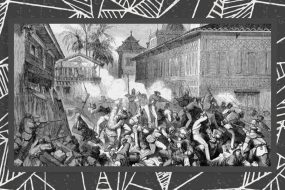Exiles and Expatriates Free

Exiles and Expatriates
Presently, which country has the most African American expatriates?
Ghana
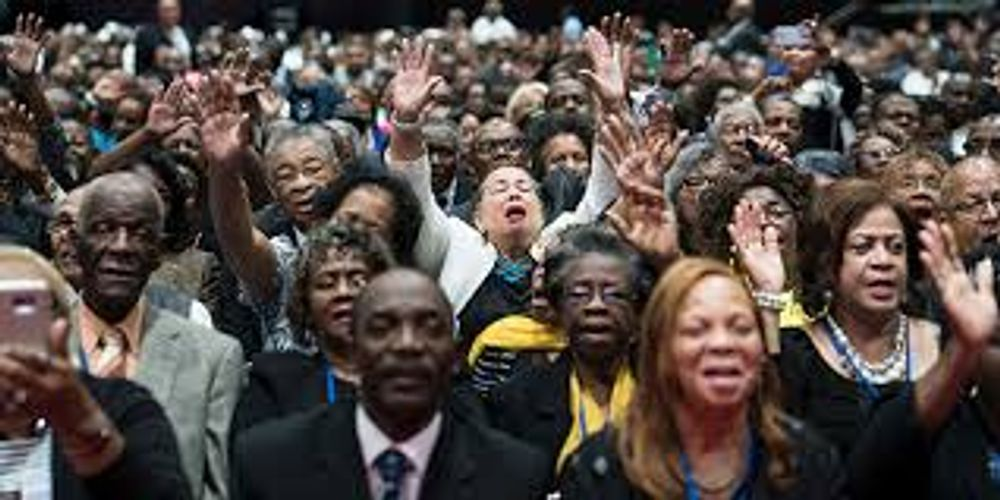
Today about 5,000 African Americans live either temporarily or permanently in Ghana, West Africa.
What is the largest organized group of African Americans living in a single country?
Black Hebrews

The Black Hebrews, known officially as African or Original Hebrew Israelites first left the U.S. as a small group in 1969 for Liberia before moving permanently to Israel. Presently about 3000 Black Hebrews reside in Israel.
What African American singer, at various times, called Liberia, Barbados, England, Belgium, France, Switzerland, and the Netherlands home?
Nina Simone

Nina Simone left the U.S. for Barbados in 1970 where she lived for some time to protest the U.S. tax system. After leaving Barbados she lived in Liberia and a host of other countries; she died in Southern France in 2003 of breast cancer.
What African American author of novels, essays, plays, poetry and a political activist moved to Paris in 1948 and returned in 1957 to become a part of the Civil Rights Movement?
James Baldwin
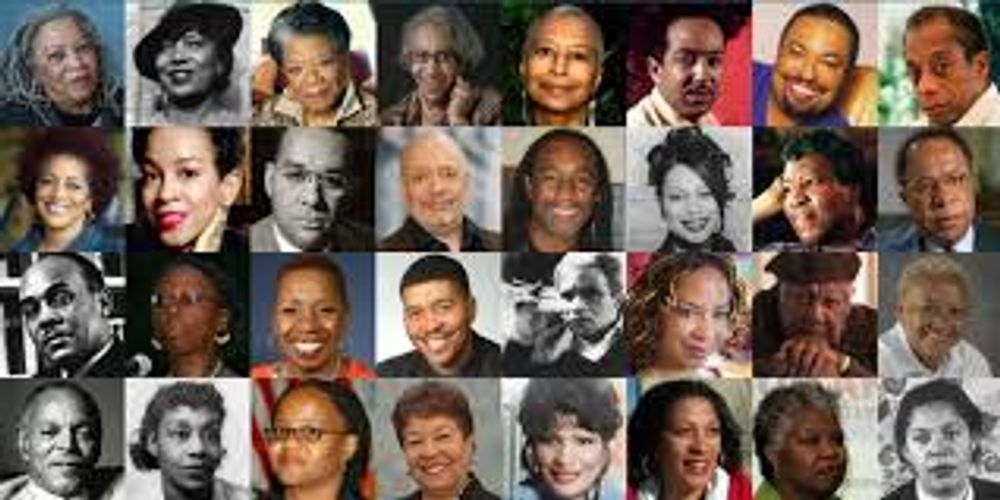
James Baldwin moved to Paris, France in 1948 with $40.00 and not speaking a word of French after becoming disillusioned with society because of racism and homophobia. He wrote several works in Paris, among them "Giovanni’s Room" and "Go Tell it on the Mountain."
Which African American novelist said, “and I tell you frankly that there is more freedom in one square block of Paris than in the entire United States of America?”
Richard Wright

Richard Wright moved to Paris in 1946, became a French citizen in 1947 and travelled throughout Europe gathering material for several non-fiction works. He never returned to the U.S. but died in France of a heart attack in 1960.
What was the name of the radio station on which Robert F. Williams regularly broadcast from Cuba, with the approval of Fidel Castro, after his exile to Cuba in 1961?
Radio Free Dixie
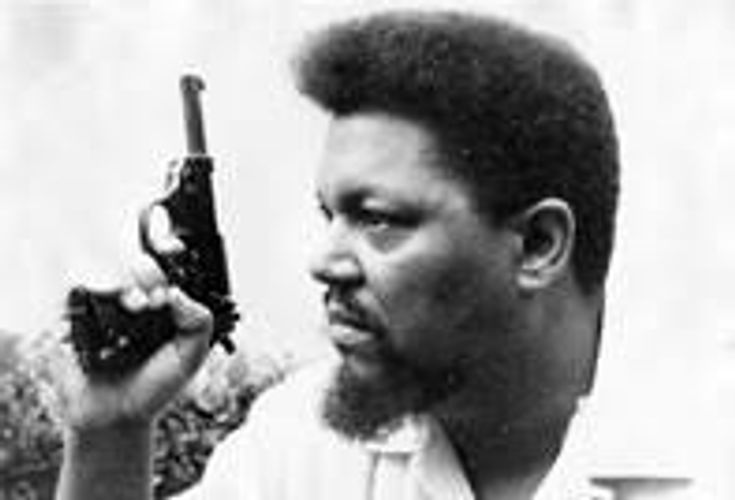
Robert F. Williams operated Radio Free Dixie from 1962 to 1965 to regularly broadcast addresses aimed at Blacks in the south and during the Cuban Missile Crisis, he used the station to urge Black soldiers to engage in insurrection against the United States.
Who was the journalist who came to the U.S. as a child with her family and as an adult became an outspoken protester of racism, classism and sexism or what she called the “triple oppressions” and, because of her ardent Marxist ideologies, was deported to the U.K?
Claudia Jones

Claudia Jones’ family emigrated to the U.S. in 1924 when she was nine years old and by the time she was 36, she had become such an enemy of the state that she was imprisoned and later deported. When her birth country of Trinidad and Tobago would not accept her, she was deported to the U.K. where she continued her political activism until her death in 1964.
Who is the “last” Black Panther to go into exile after being arrested, tried and convicted in 1969?
Felix “Pete” O’Neal

Felix “Pete” O’Neal was the chairman of the Kansas City chapter of the Black Panther Party in the late 1960s before his encounter with the law. After he was sentenced to four years in prison, he escaped while on bail and first moved to Algiers then to Tanzania, where he continues to reside today. He is alleged to be the last Black Panther to go into exile.
In what country did actor, director, writer and Civil Rights Activist, Julian Mayfield, live from 1961-1966?
Ghana
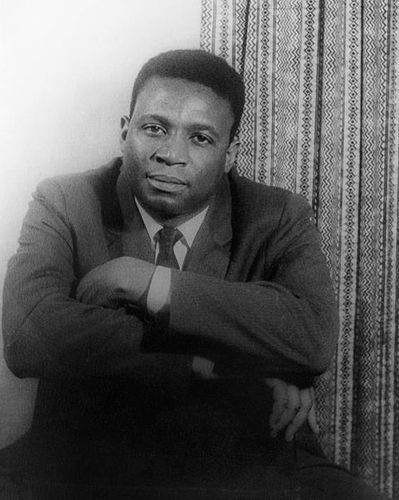
Julian Mayfield, a radical writer, actor, director and filmmaker was also a member of the Communist Party and a member of the radical artist group, The New York Black Cultural Left. After a visit to Cuba and after a brush with the law in Monroe N.C., Mayfield moved to Ghana where he lived from 1961-1966.
W.E.B. Du Bois, an American sociologist, historian, civil rights activist, Pan-Africanist, author, writer and editor lived and died in what country?
Ghana
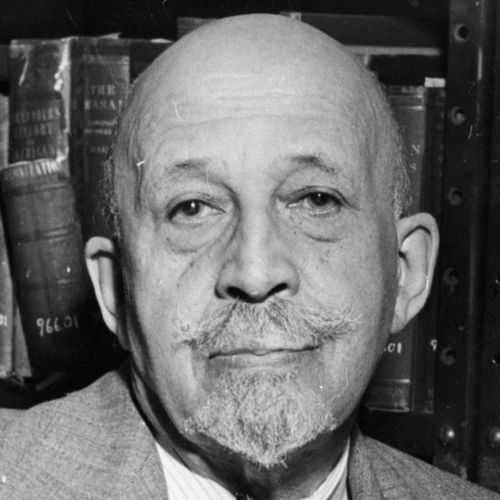
In 1961, at the age of 93, W.E.B. Dubois and his wife moved to Accra, Ghana; in 1963, he became a Ghanaian citizen and died in Ghana shortly afterwards at the age of 95.
Who was one of the most prolific journalists of the 19th and 20th centuries and an ardent and outspoken anti-lynching protester who spent over 30 years as a resident of the U.K.?
Ida B. Wells
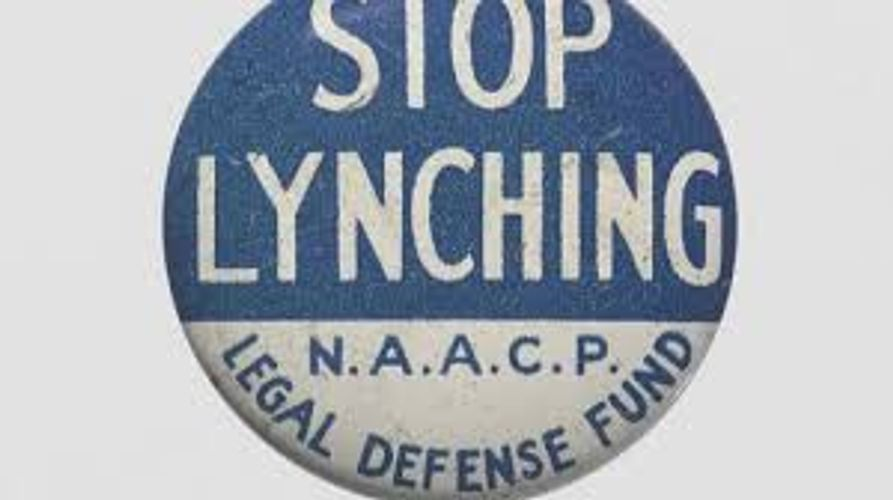
Ida B. Wells’ radical views and constant anti-lynching crusades made her a continuous target of bigots in the U.S. and a victim of threats and assassination attempts to the extent that she moved to Britain for thirty years for her personal safety.
Between 1945 and 1960 African American Writers, commonly called “The Lost Generation,” resided in what major city?
Paris

In 1961, James Baldwin, living and writing in Paris France, wrote his essay entitled “The Lost Generation” that focused on the expatriate Black writers living in Paris during the 40s, 50s, and 60s.
Who began his Civil Rights activism as President of the Monroe N.C. branch of the National Association for the Advancement of Colored People (NAACP) but because of his militancy was suspended from his leadership position and after run-ins with the law ended up exiled in Cuba, China and Tanzania?
Robert Williams
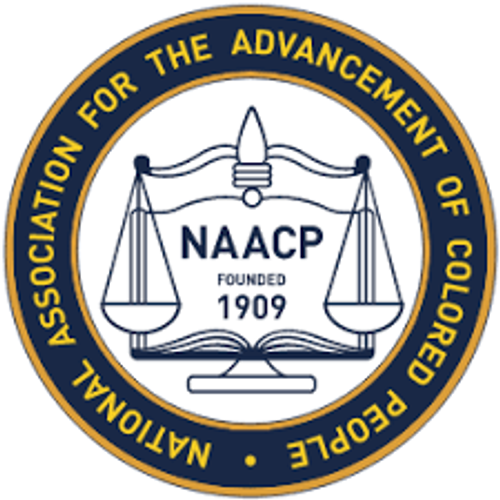
While Robert Franklin Williams lived in exile in Tanzania, in 1968 he became the first president of the Republic of New Africa, a Black nationalist organization that pushes for an independent Black republic in the southern United States of South Carolina, Georgia, Alabama, Mississippi and Louisiana. He returned to the United States in 1969 and distanced himself from the Black Power movement.
Who was a renowned sculptor, poet and novelist who lived in both London and Paris and married a French photographer in 1961?
Edmonia Lewis Barbara
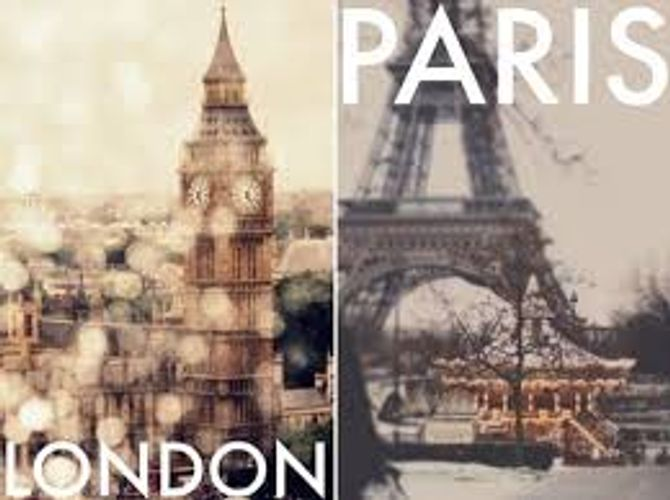
Barbara Chase Riboud. Best known for her novel Sally Hemings (1979) which was an account of the enslaved woman with whom President Thomas Jefferson consorted. The novel earned the Janet Heidinger Kafka Prize in Fiction, and became an international success. Additionally, Chase Riboud was the first African-American woman to receive the MFA degree from Yale University, after which she left the United States for London, then Paris.
Who was the former Black Panther who spent seven years in exile in Cuba, Algeria and France?
Eldridge Cleaver

After spending seven years in exile in Cuba, Algeria, and France, former Black Panther Eldridge Cleaver returned to the US in 1975, where he joined the Mormons and later became a conservative Republican.
Who was the American-born French entertainer, French Resistance agent, and civil rights activist?
Josephine Baker
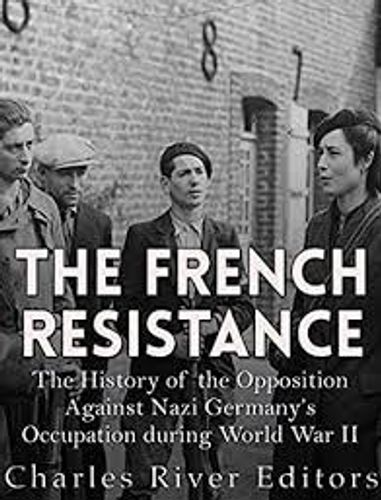
Josephine Baker, born in St. Louis Missouri in 1906, was a renowned dancer who was celebrated by artists and intellectuals of the era. She gave up her American citizenship and became a French national after her marriage to a French industrialist. Additionally, she was the first African-American to star in a major motion picture, the 1927 silent film Siren of the Tropics. When France declared war on Germany in response to the invasion of Poland, Baker was recruited by the French military intelligence, as an "honorable correspondent" and collected information about German troops.
Which of the African American celebrities did NOT live in Paris, France as an expatriate?
Paul Robeson
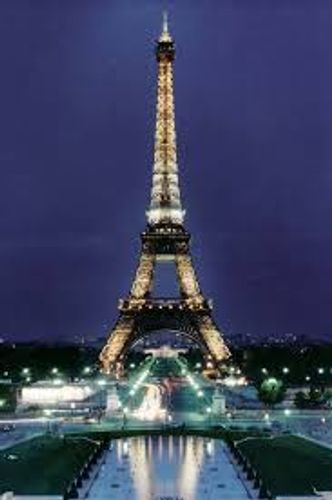
Paul Robeson, an American bass baritone concert artist, stage and film actor and political activist whose passport was withdrawn because of his Communist associations later lived in London and the Soviet Union for many years.
In 2014, Allyson Hobbs published a groundbreaking book that grew out of her dissertation titled "Chosen Exile". This book focused on what Black experience?
Passing as White
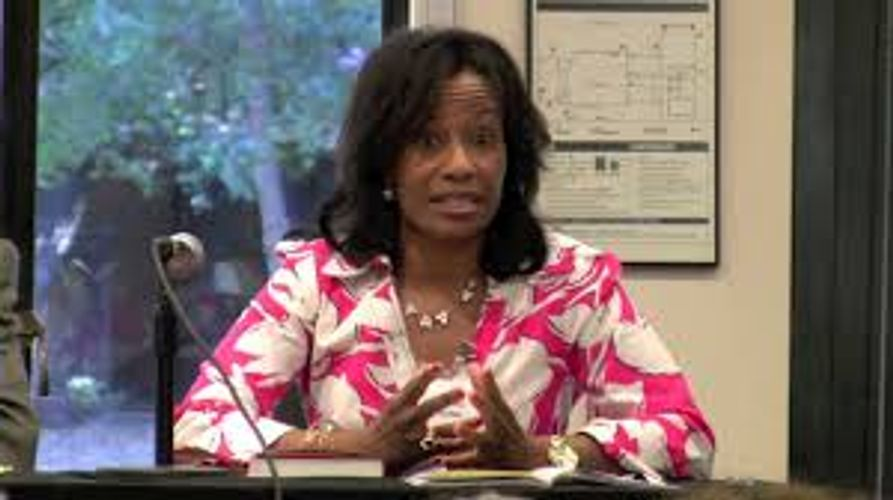
Allyson Hobbs’ book, subtitled "A History of Racial Passing in America", is a history of Black people passing as White as told through the lens of personal stories. This exile was for the same reasons that Black Americans lived in exile in various countries of the world. They sought the freedom and equality they could not find as Black men and women in the U.S.
In 2019 which African country granted free citizenship to 126 African-Americans and African-Caribbean citizens to commemorate the 400th anniversary of the first enslaved arriving in America?
Ghana
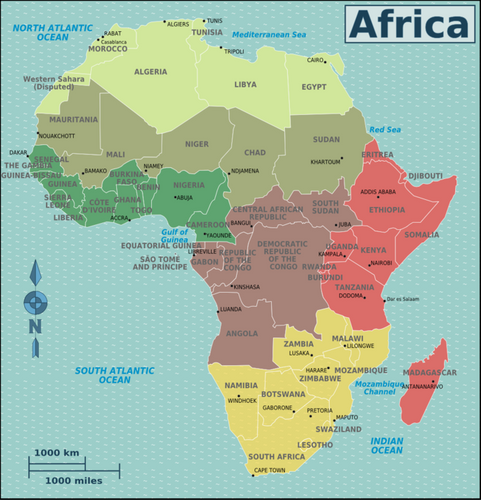
Ghana marked 2019 as The Year of Return and on November 27, President Nana Akufo-Addo welcomed the new Ghanaian citizens by saying “on behalf of the government and people of Ghana, I congratulate you once again on resuming your identity as Ghanaians.”
In 1816, The American Colonization Society created a colony in West African and began shipping former slaves there in 1867. What was the country?
Liberia
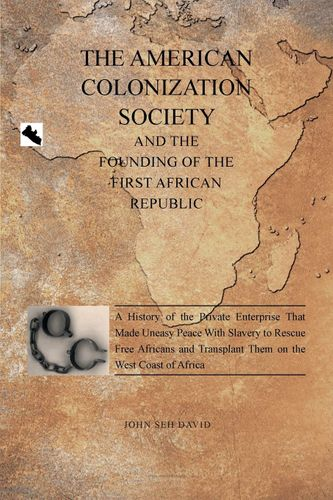
Liberia was established as a country in 1867 with its capital named for then President James Monroe, Monrovia. Over the next 40 years upwards of 12,000 freeborn and formerly enslaved black Americans immigrated to this country.
Who was the African American artist who moved to Paris in the 1890’s after a visit and upon finding total acceptance in French art circles?
Henry Ossawa Tanner

Henry Ossawa Tanner moved to France in 1891 and found great acceptance among the French arts community, especially for his religious depictions. He painted his most famous work, "The Banjo Lesson", during a short return visit to the U.S. Tanner died in France in 1937.
Who was the African American crime detective novelist who settled in France permanently in the 1950s?
Chester Himes
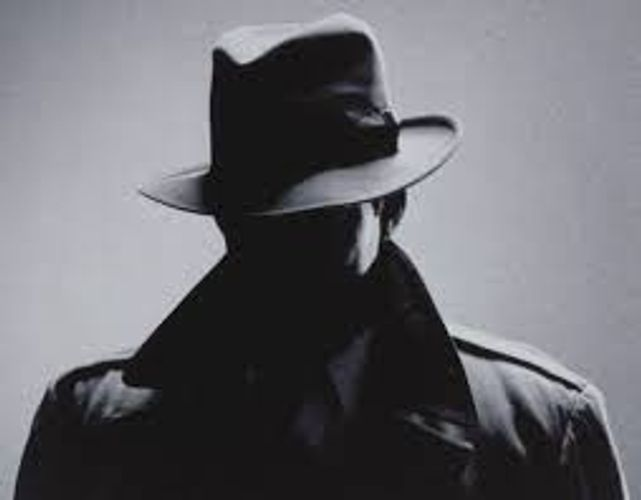
Chester Himes moved to Paris and lived a bohemian lifestyle with his American wife whom he married after she went to Paris to interview him. They moved from Paris to South of France to Spain where Himes died in 1984.
Who was the Black Panther activist for whom pressure from the FBI forced him to flee the US and settle first in Ghana and later in Guinea where he became a major proponent of Pan-Africanism?
Stokely Carmichael
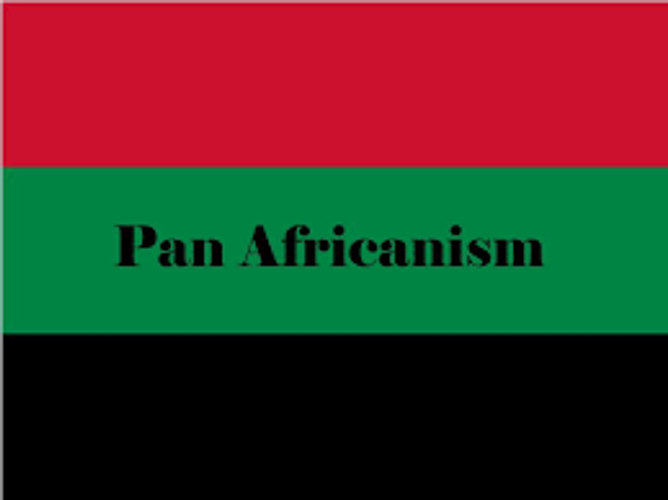
Stokely Carmichael, later called Kwame Ture, participated as a college student in the Civil Rights Movement before helping to form the Student Non-violent Coordinating Committee (SNCC). After becoming disillusioned by the nonviolent movements, he became a Black Panther and was later so pressured by the FBI that in 1969 he left the country for Ghana. He remained in exile until his death in Guinea in 1998.
Who was the former member of the Black Liberation Army who was convicted of murdering a law officer and sentenced to life in prison, but later escaped from prison and fled to Cuba?
Assatu Shakur
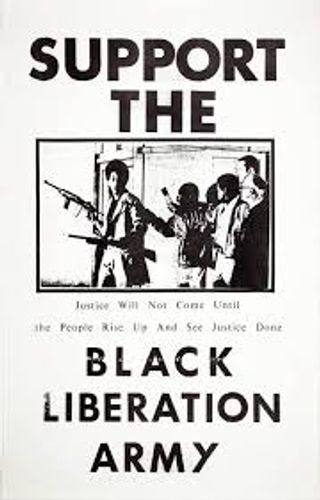
While serving a life sentence in 1979 for murder, Assata Shakur, listed on the FBI Most Wanted Terrorists list as Joanne Deborah Chesimard, escaped from the Clinton Correctional Facility for Women. She surfaced in Cuba in 1984, was granted political asylum, and has lived in Cuba since then, despite US government efforts to extradite her.
Who was the rapper who believed in a “world without Borders,” and who moved to South Africa. He was deported for using a “world passport?”
Mos Def
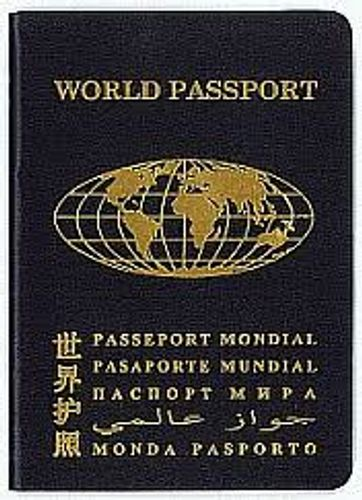
Mos Def, who adopted the name, Yasin Bey, lived in South Africa off and on from 2013 until 2016 when he was kicked out of the country for illegally attempting to travel on a “world passport” issued by the World Service Authority, which advocates a world free of borders.
This quiz shows you many African Americans who have moved outside the United States, some by choice and others for political safety. Learn about these Black Americans and the consequences they faced living abroad.
Related Posts
Login
Upgrade your Membership
This Quizz Only For Paid Members
Upgrade Your Account First
